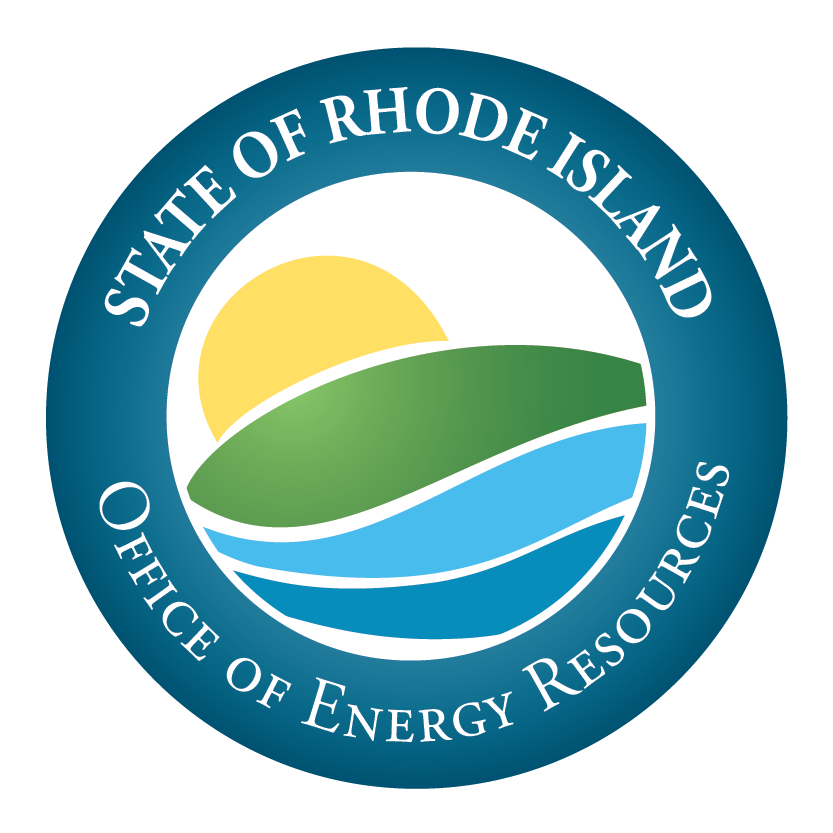Rhode Island Energy Laws
Rhode Island public policy plays a direct role in shaping the markets, institutions, and regulatory regimes that affect energy use in the state. Learn more about the major energy laws enacted in Rhode Island in recent years below.
For more information on Rhode Island’s energy laws, please contact Chris Kearns at christopher.kearns@energy.ri.gov. A summary document of all Rhode Island energy laws can be found in Appendix A of the Rhode Island State Energy Plan.
Act on Climate (2021)
This act establishes binding emissions targets that lead up to net-zero emissions for the state by 2050. Click the link to learn about how you can be involved in the state’s emissions reduction process.
Biodiesel Products (2021)
All delivered heating fuel must contain at least 50% biodiesel by 2030. Interim targets will help increase the current amount of biodiesel in heating oil (currently 5%, or B5) to 50%, or B50, by 2030.
Resilient Rhode Island Act (2014)
The 2014 Resilient Rhode Island Act established the Executive Climate Change Coordinating Council (EC4).
Affordable Clean Energy Security Act (2014)
Establishes a coordinated process for Rhode Island to work with other New England states to make potential investments in large-scale hydropower, regional renewable energy resources, natural gas and infrastructure upgrades.
Renewable Energy Growth Program (2014)
Expands the Distributed Generation Standard Contracts Program by establishing a new tariff-based system designed to finance an additional 160 MW of renewable energy resources located in the electric distribution utility’s load zone between 2014 and 2019.
Biodiesel Heating Oil Act of 2013 (2013)
Requires all No. 2 distillate heating oil sold in the state to contain 5 percent of a bio-based product by 2017.
LIHEAP Enhancement Plan (2011)
Authorizes supplemental funding assistance for low-income energy customers in Rhode Island.
Net Metering (2011)
Establishes net metering for self-generator-sited renewable energy.
Distributed Generation Standard Contracts Program (2011)
Required electric distribution utilities to enter into long-term contracts for 40 MW of newly developed renewable energy resources located in the electric distribution utility’s load zone by December 30, 2014.
Revenue Decoupling (2010)
Established a new cost recovery mechanism for utility distribution system investments.
Green Buildings Act (2009)
Set high-performance green buildings standards for new and updated public buildings in the state. The Green Buildings Advisory Committee helps implement the Green Buildings act.
Long-Term Contracting Standard for Renewable Energy (2009)
Required electric distribution utilities to enter into long-term contracts for a minimum of 90 MW of newly developed renewable energy resources by December 31, 2014.
Implementation of the Regional Greenhouse Gas Initiative Act (2007)
Authorizes Rhode Island's participation in RGGI, the regional electric power sector carbon dioxide emissions cap-and-trade program.
Least-Cost Procurement (2006)
Requires state utility providers to invest in all cost-effective energy efficiency before the acquisition of additional supply.
Renewable Energy Standard (2004)
Requires state retail electricity providers to supply 38.5 percent of retail electricity sales from eligible renewable energy resources by 2035.
Rhode Island Utility Restructuring Act (1996)
Required utilities to sell off their generating assets, opening up the wholesale electric market to non-regulated power producers, and introducing retail choice.
